Algeria is poised to take a crucial step in its quest for food self-sufficiency with the launch of the « Baladna » project. This Algerian-Qatari initiative aims to radically transform powdered milk production in the country. Youcef Cherfa, Minister of Agriculture and Rural Development, announced that work will begin next Tuesday, marking the start of an ambitious agricultural venture.
Estimated at $3.5 billion, the « Baladna » project will span 117,000 hectares, divided into three distinct poles. Each pole will include a farm for cereal and fodder production, another for cattle breeding and milk and meat production, as well as a powdered milk production plant. This integrated approach aims to optimize the entire production chain.
The project aspires to locally produce 50% of national powdered milk needs, supply the market with red meat, increase the national cattle herd, and create 5,000 direct jobs. These objectives align perfectly with Algeria’s strategy of economic diversification and reduction of dependence on food imports.
A Model of International Cooperation
« Baladna » is the result of a partnership between the Qatari company of the same name and the Algerian state, represented by the National Investment Fund. This collaboration illustrates the benefits of international cooperation in the agricultural field, combining Qatari expertise with Algerian resources and agricultural potential.
Challenges and Perspectives
Despite its potential, the project faces considerable challenges, including sustainable water management in Saharan areas, training of skilled workforce, and adaptation of breeding techniques to local conditions. The success of « Baladna » could make it a model for other similar initiatives in the region.
The project will be carried out in four phases, with an effective production target by 2026 for the first phase. Work will begin with drilling operations for water exploration, a crucial step for the project’s viability in Saharan areas.
In conclusion, the « Baladna » project represents a major turning point in Algeria’s agricultural strategy. By aiming for self-sufficiency in dairy products and meat, while creating numerous jobs, this initiative promises to have a significant impact on the country’s economy and food security. The coming years will be crucial in evaluating the success of this ambitious project and its potential to become a model of sustainable agricultural development in the region. R.E


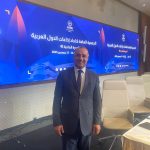

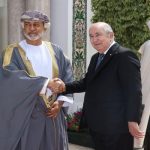
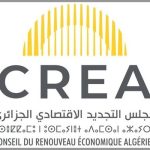
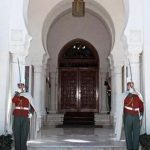

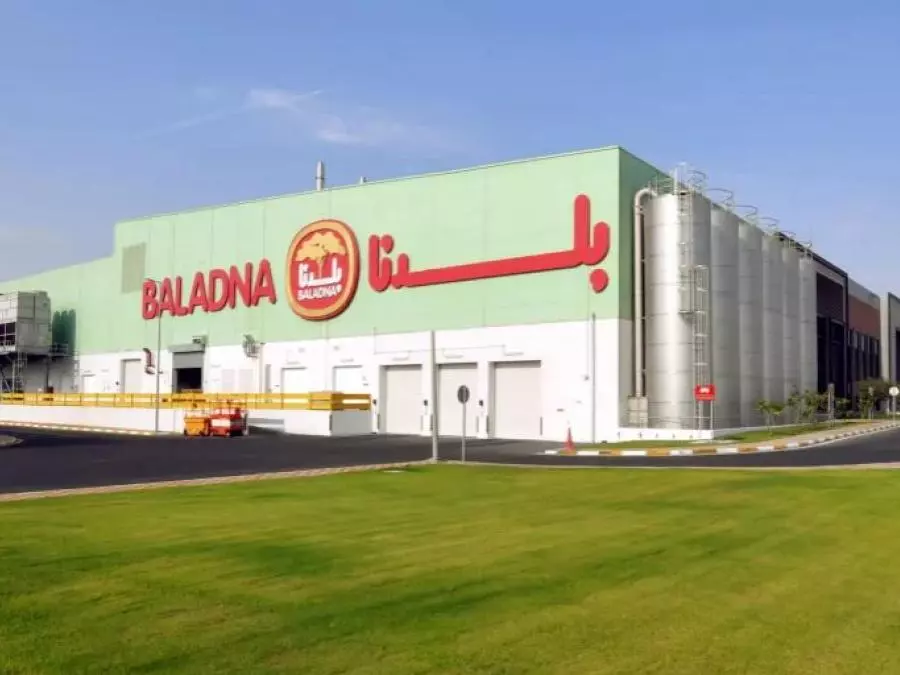
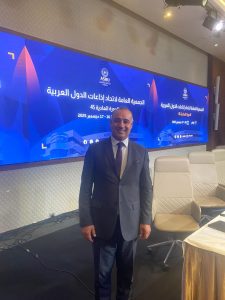

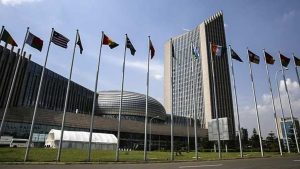
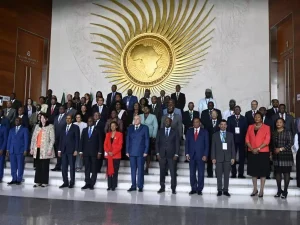
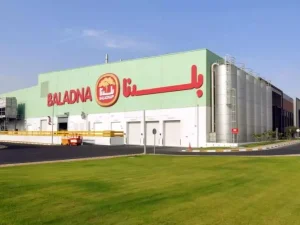
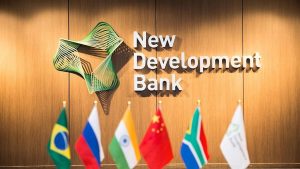
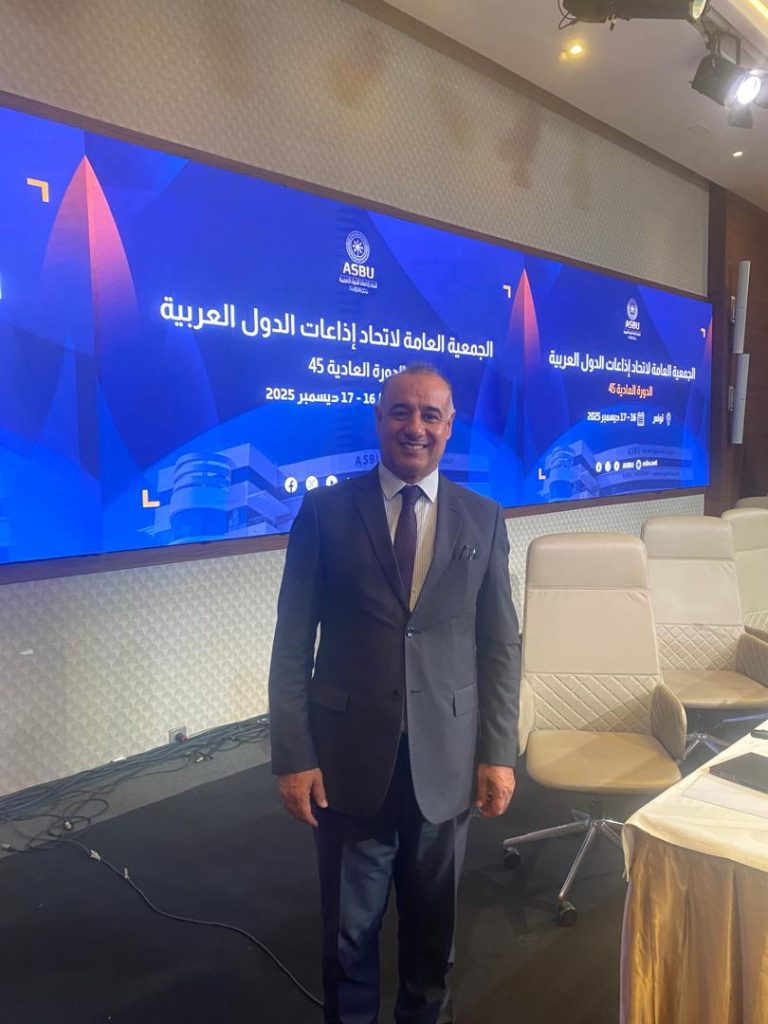

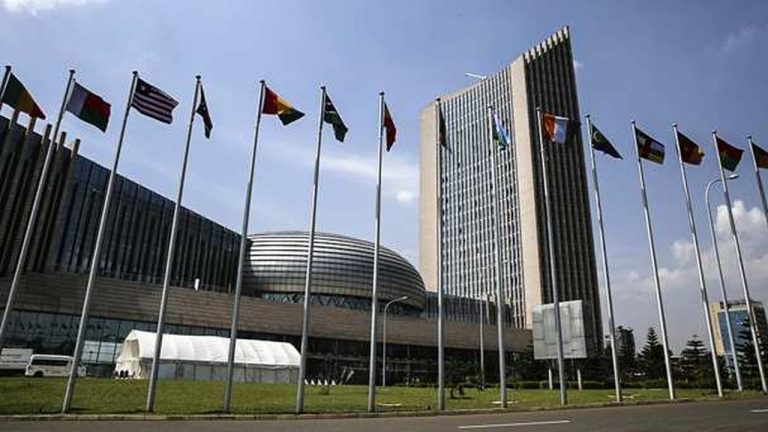
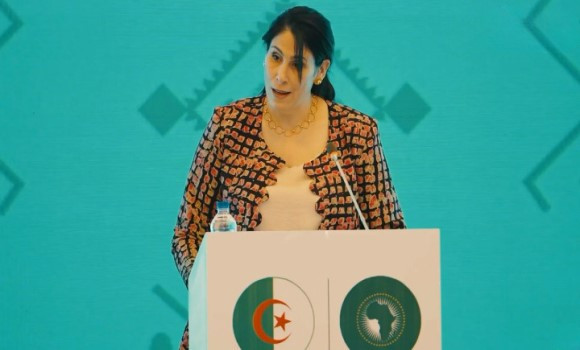
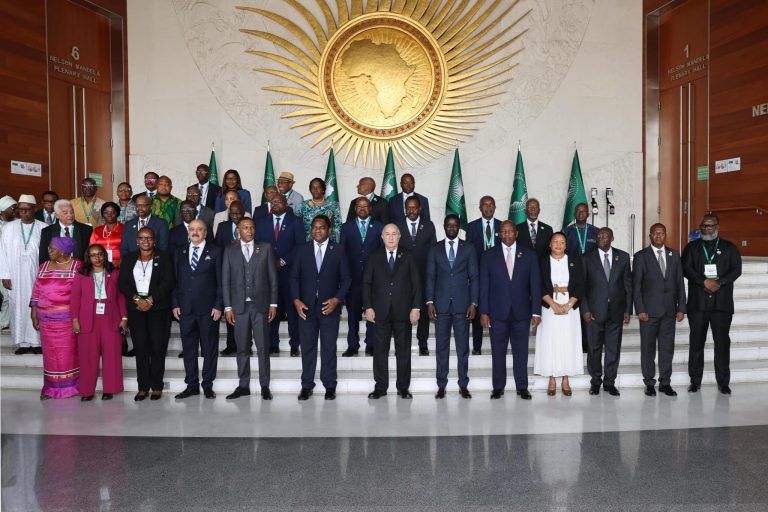
+ There are no comments
Add yours